OFF
Mikromedia 7 Resistive FPI with frame
PID: MIKROE-6148
Weight: 420 g

MIKROE products are not subject to U.S. tariffs. Under the U.S. HTSUS classification specified in Annex III, 9903.01.32, subdivision (v)(iii) of U.S. Note 2 and Executive Order 14257, they are exempt from ad valorem duty rates.

Secure online payments provided by 2Checkout.com, Inc.
All credit card and personal details are kept secure, and our customer
list is not disclosed to any third party.
























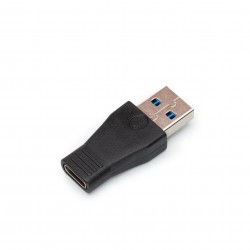
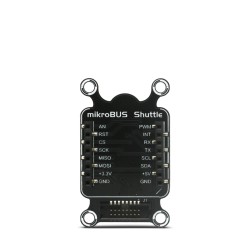
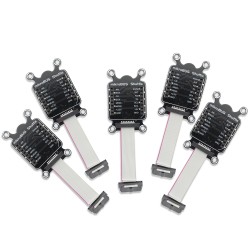
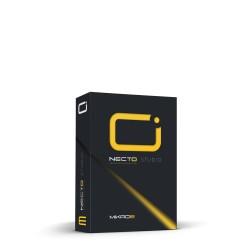
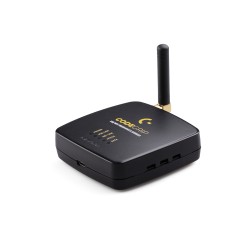
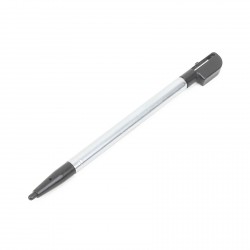
Share Product
Share this product with your clients and friends.